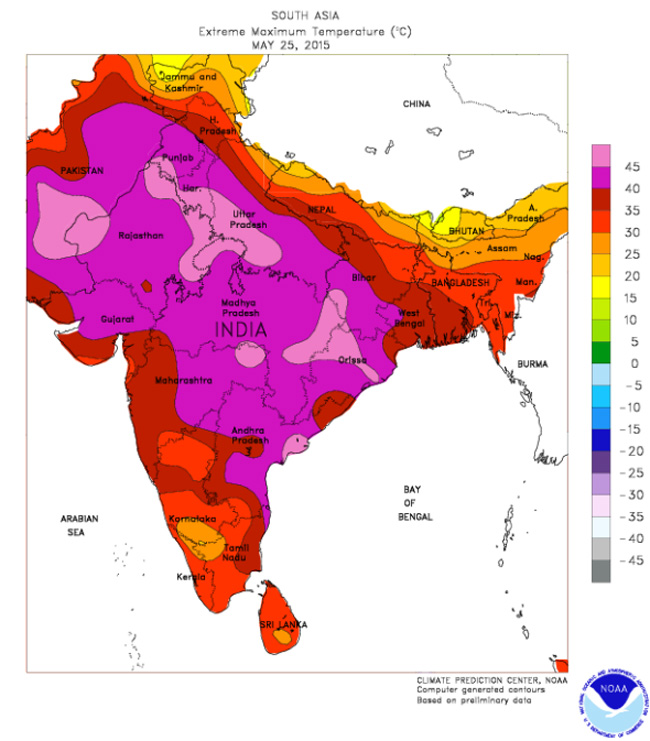7667766266
enquiry@shankarias.in
What is the issue?

What is the key finding of the study?
And what do the data suggest?
Source: Indian Express